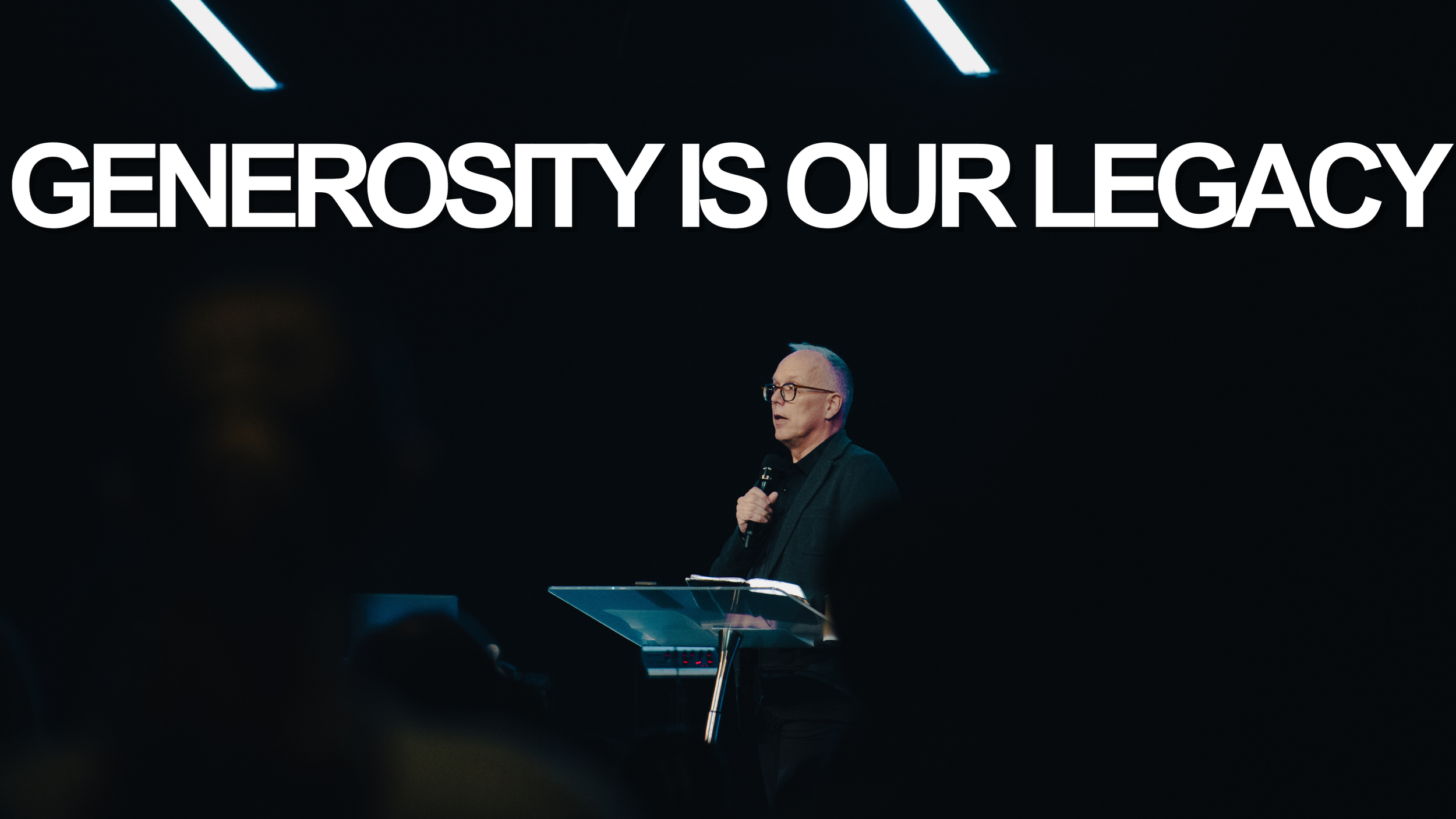What Kind of Legacy Will Your Generosity Leave?
Every believer leaves a legacy. The question is not if—it’s what kind. For followers of Jesus, the legacy that lasts is one built on grace, generosity, and the glory of God.
The Apostle Paul wrote to the Corinthians about two churches: one wealthy and one struggling (2 Corinthians 8–9). The church in Macedonia was under immense pressure—poor, persecuted, and overlooked—yet Paul says they overflowed with “abundant joy” that led to “rich generosity.” Their giving wasn’t fueled by comfort or surplus but by grace.
That’s the heart of Christian generosity: grace is the soil from which giving grows. True generosity doesn’t come from abundance—it comes from awareness. When we see how deeply God has loved, forgiven, and sustained us, we can’t help but respond in gratitude.
Grace First, Then Giving
Paul doesn’t start with commands. He starts with kindness: “I want you to know what God in His kindness has done…” (2 Corinthians 8:1). Before he talks about generosity, he reminds the church of God’s grace. That’s where it always begins.
When we give, serve, or sacrifice, we’re not earning anything—we’re reflecting something. God gave His Son, the Spirit gives life, and we give in response. The Macedonians understood that grace fuels generosity and that generosity brings glory to God.
When the Pressure’s On
Generosity isn’t easy when pressure builds. Whether it’s financial strain, economic uncertainty, or emotional exhaustion, the natural instinct is to hold back. But the Macedonian believers refused to be defined by lack—they let grace redefine their outlook.
Even when they were scraping to survive, they begged Paul for the privilege of giving (2 Corinthians 8:4). Their joy wasn’t circumstantial—it was supernatural. They trusted that the same God who gave seed to the sower (2 Corinthians 9:10) would multiply it.
Sowing for Eternity
Paul gives the divine equation: “Whoever sows generously will also reap generously.” (2 Corinthians 9:6)
When we release what we have, God releases what He has. It’s not transactional—it’s transformational. He enlarges the harvest not just of our resources but of righteousness, influence, and thanksgiving.
Generosity multiplies. It feeds families, strengthens churches, supports missionaries, and introduces people to Jesus. From local hampers to orphanages overseas, every act of giving is a seed planted in eternal soil.
Legacy That Reflects Jesus
At the end of the message, Pastor Craig reminded us: our legacy isn’t about how much we give or what our name is known for—it’s that people give thanks to God because of our obedience (2 Corinthians 9:11).
That’s what defines a godly legacy. Not fame. Not numbers. But lives changed and hearts turning toward the Father.
Your generosity today becomes someone’s answered prayer tomorrow. Every dollar, every hour, every meal shared—it’s all worship.
Read 2 Corinthians 8:1–4. What stands out to you about the Macedonian church’s attitude toward giving despite their hardships?
How does remembering God’s grace change the way you view generosity and financial pressure?
Paul says, “God loves a cheerful giver” (2 Corinthians 9:7). What helps you give with joy instead of obligation?
What’s one area where you feel God calling you to sow—even when it doesn’t seem practical?
How can our church family leave a legacy that reflects Jesus to our city and beyond?

